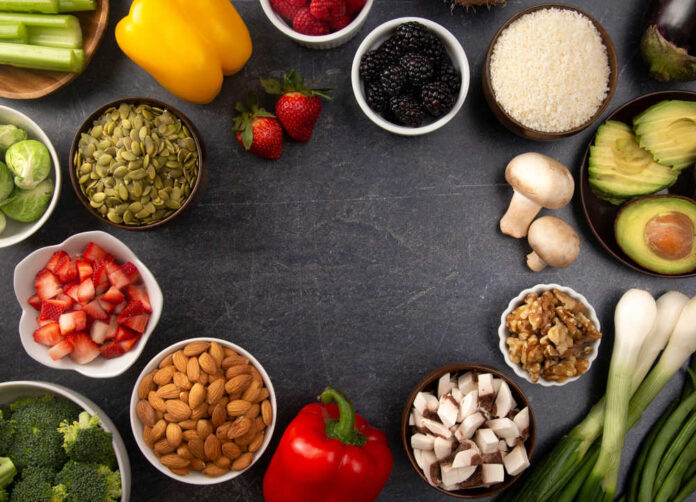
After a big workout, your body needs time to recover and repair itself.
During this recovery period, it’s essential to eat the right foods to replenish your energy stores, repair damaged muscles, and reduce inflammation.
What to Eat After a Workout
There are three key nutrients that your body needs, especially after exercising, including:
- Protein – is an essential structural component of all cells in your body, including muscle cells. It helps your muscles repair and rebuilds themselves after exercise. Good sources of protein are fish, chicken, beans, and eggs.
- Carbohydrates – Are your body’s primary source of energy. These sugars are broken down into glucose, then synthesized into glycogen to be used by your muscles for fuel. Good sources of carbohydrates are fruits, vegetables, whole grains, and beans.
- Fat – is another vital source of energy for your body. It also helps the absorption and transportation of vitamins and minerals. Good fat sources include avocados, nuts, seeds, and vegetable oils.
Also, drink lots of water to prevent dehydration and replenish the water and electrolytes you’ve lost through sweating.
What Not to Eat After a Workout
In addition to knowing what to eat after a workout, it’s important to know what not to eat:
- Sugary drinks – soda and fruit juice can cause your blood sugar levels to spike and crash, leaving you feeling tired and irritable.
- Processed foods – are often high in unhealthy fats, salt, and sugar. They can also be difficult to digest, leaving you feeling bloated and uncomfortable.
- Alcohol – can dehydrate your body and interfere with muscle growth and repair. It can also make it difficult to get a good night’s sleep, essential for recovery.
- High-fat foods – can be challenging to digest and leave you feeling sluggish. They also tend to be high in calories, which can offset any calories you burn during your workout.
- Caffeinated beverages – can interfere with sleep quality, which is important for recovery. It may also increase your anxiety and prevent you from relaxing after a workout.
When to Eat
Timing is also essential when it comes to eating after a workout.
Ideally, your pre-and post-workout meals should not be more than 3-4 hours apart. This will help your body replenish its energy stores and start the repair process.
If you’re not able to eat right away, try to have a small snack containing protein and carbohydrates. This will help tide your body over until you can have a more substantial meal.
Good Post-Workout Meals and Snacks
Some good post-workout meals and snacks include:
- Salmon, chicken, or eggs
- Fruit and yogurt
- Whole grain toast with peanut butter
- Vegetables and hummus
- Rice, oatmeal, or quinoa
- Potatoes
- Trail mix
Everyone is different, so finding what works for you is crucial. Some people prefer to have a light snack after their workout, while others prefer a more substantial meal.
Listen to your body and try different options to see what makes you feel best.






















